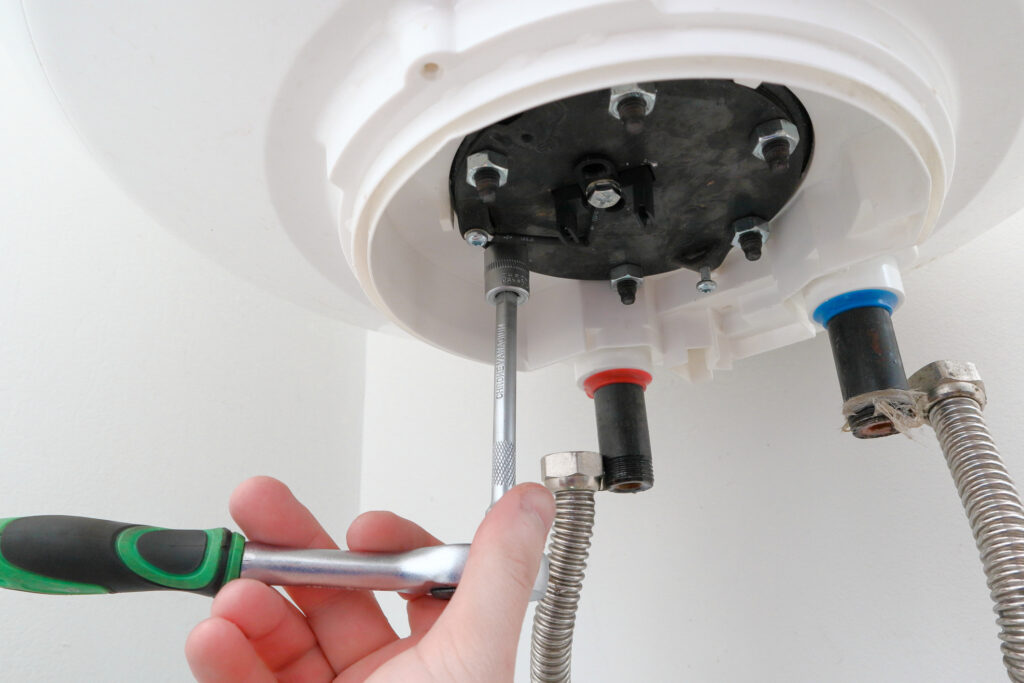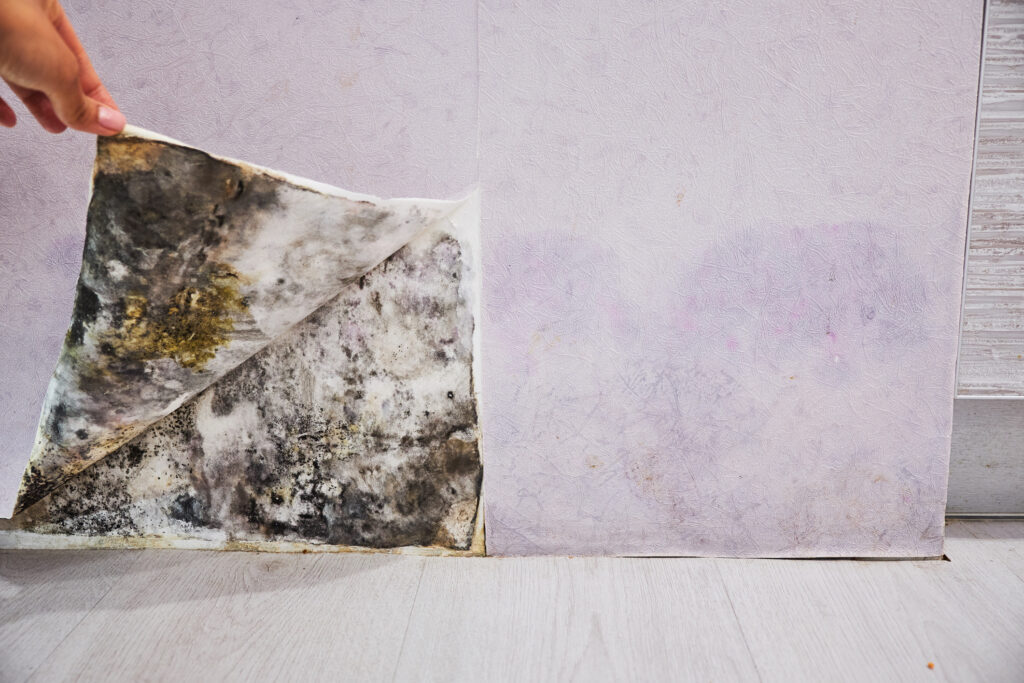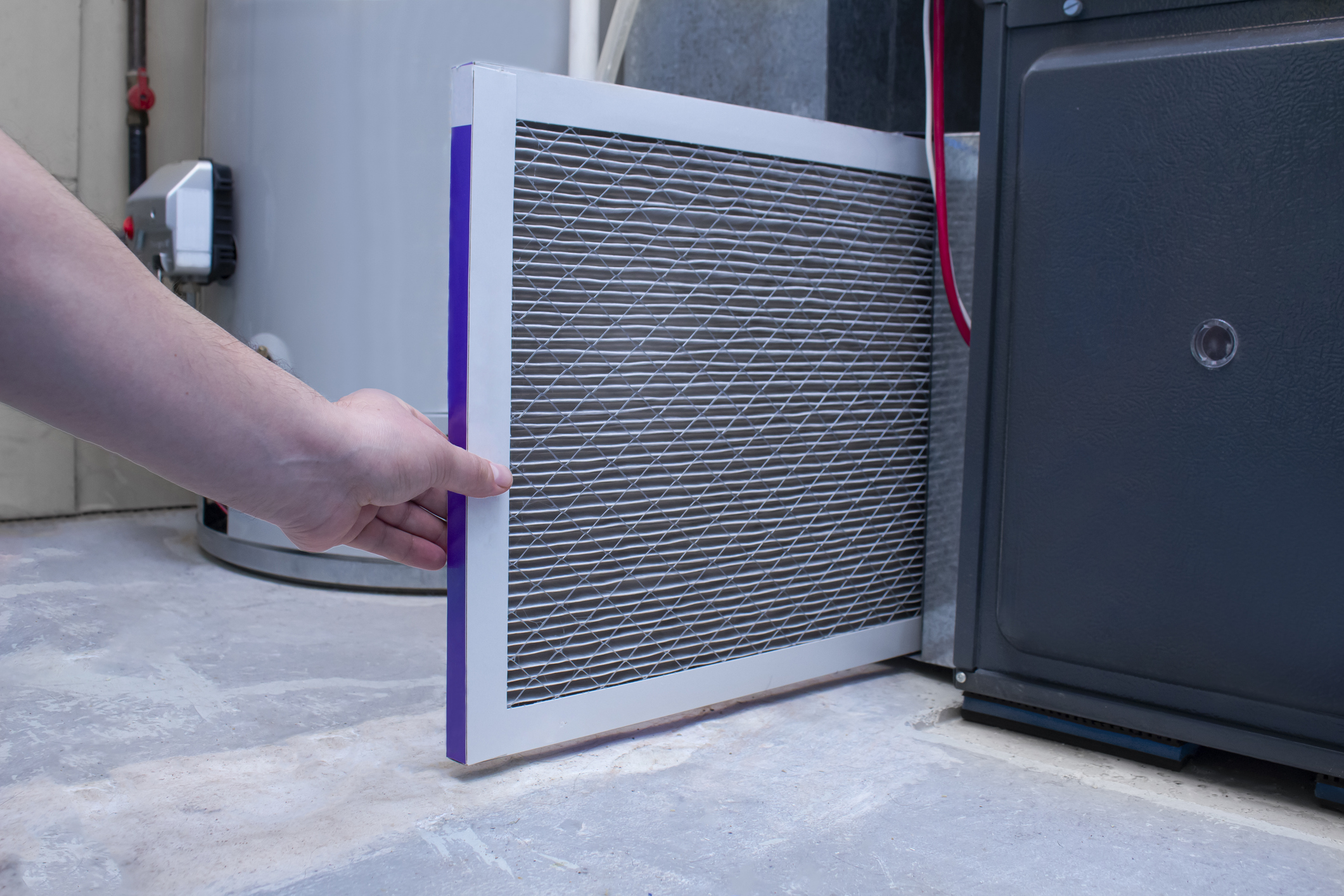Boilers are known for their longevity and efficiency — but a water leak can suggest a problem that might spell the end of your system, if you’re unlucky or don’t treat it sooner than later. Today, we’ll look into the likeliest causes of boiler leaks, the dangers if not fixed, and what you should do next.
Need help with a boiler leak as soon as possible in Northwest Chicagoland? Contact the team at Home Comfort Services for immediate assistance.
Is A Boiler Leak Dangerous?
A leaking boiler, just like leaking plumbing, is always a reason for concern — at minimum, water loose in your house where it shouldn’t be can lead to mold, water damage, electrical shorts, and other threats to property and people. At worst, a boiler leak may be a symptom of a more serious or dangerous problem.
We recommend resolving any leaks you notice with professional help as soon as you spot them, regardless of which of the many root causes is leading to your leak:
Corrosion
The metal of a boiler can corrode under certain circumstances, depending on its materials and the content of your water. Many contaminants that are otherwise harmless can eat away at certain materials. Something as innocuous as high levels of salts or dissolved oxygen can destroy a boiler. Like water heaters, boilers can rely on anode rods for “sacrificial” erosion, which will need to be replaced. You might also need water treatment for water going into your boiler.
Faulty Heat Exchanger
Like many heating systems, a crack or other fault in your heat exchanger can be a serious problem for your boiler. In the case of a boiler, this often reveals itself in the form of a leak — you may not immediately trace the water to your heat exchanger, but if the water is anywhere in the vicinity of it, you’ll want to check it out immediately. Depending on the age of your boiler and the specific cost of a new heat exchanger, this might be a problem that warrants repairs or might require system replacement.
High Pressure
High pressure in your radiator is another cause of leaking water, as it’s forced out through relief valves or weak points in your system. You’ll want to check the pressure gauge of your boiler if you suspect this problem, typically a simple indicator on the front of your boiler with color coding to indicate high or low pressure. If your pressure is too high, you’ll want to check your manufacturer’s guide for instructions on bleeding the radiators to relieve trapped air safely.
Bad Seals
Bad seals are a common source of boiler leaks. Even if a seal is fine for years, time can push a borderline seal past its limits and lead to leaking — especially if you’ve had issues with high pressure or temperatures from time to time. There’s no simple DIY solution or way to detect this outside of noticing a specific seal leaking. If you suspect bad seals, you’ll need a professional to replace them or replace your boiler.
Loose Joints
As a boiler expands and contracts with heat, the fittings of the system can loosen and lead to leaks — though loose joints can also be a problem in a brand-new boiler where the fittings weren’t tightened properly. Fortunately, you can usually just retighten the loosened fittings at the offending joint. If this doesn’t work or the joint loosens again quickly, you’ll need professional assistance.
Call Home Comfort Services for Emergency Boiler Repair
If you need help tracking down the source of a boiler leak or getting boiler issues under control, the experienced technicians at Home Comfort will be glad to assist you. Experienced, background-checked professionals can be in your home assessing the situation within the day, even if you need emergency service at an odd hour.
Reach out to Home Comfort now to request emergency boiler repair or schedule normal boiler service in Northwest Chicagoland.




